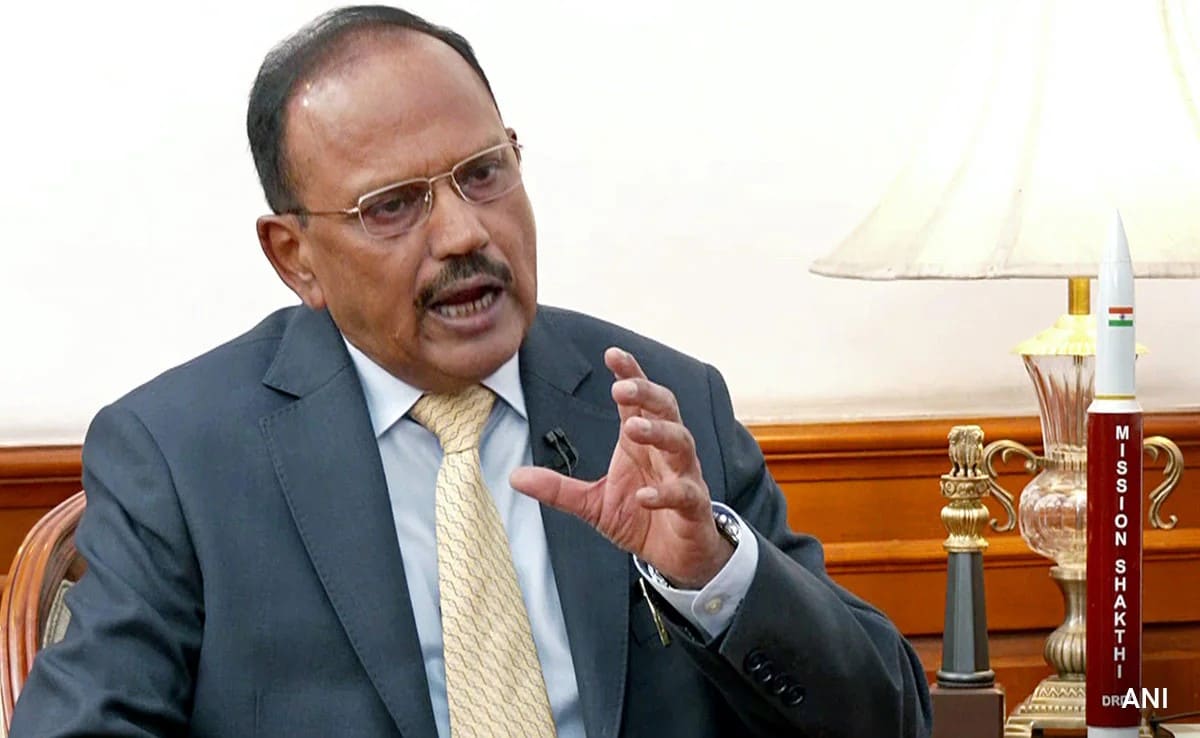Dialogue Over Dogma: Doval Advocates Open Discourse to Defuse Religious Tensions

In a thought-provoking statement on Sunday, National Security Adviser Ajit Doval emphasized the critical importance of open dialogue and free-flowing communication as a powerful tool to mitigate potential conflicts arising from religious identities. Doval's insights highlight the need for constructive conversations that bridge cultural and religious divides, promoting mutual understanding and social harmony.
By encouraging an environment where individuals can express their perspectives freely and respectfully, societies can effectively reduce tensions and prevent misunderstandings that often stem from rigid religious boundaries. The NSA's remarks underscore the significance of creating platforms for meaningful exchange, where diverse religious viewpoints can be shared without fear of judgment or confrontation.
Doval's message serves as a timely reminder that open communication and empathy are key to fostering peaceful coexistence in an increasingly complex and interconnected world. By prioritizing dialogue over discord, communities can work towards building stronger, more inclusive social frameworks that respect religious diversity while maintaining national unity.

